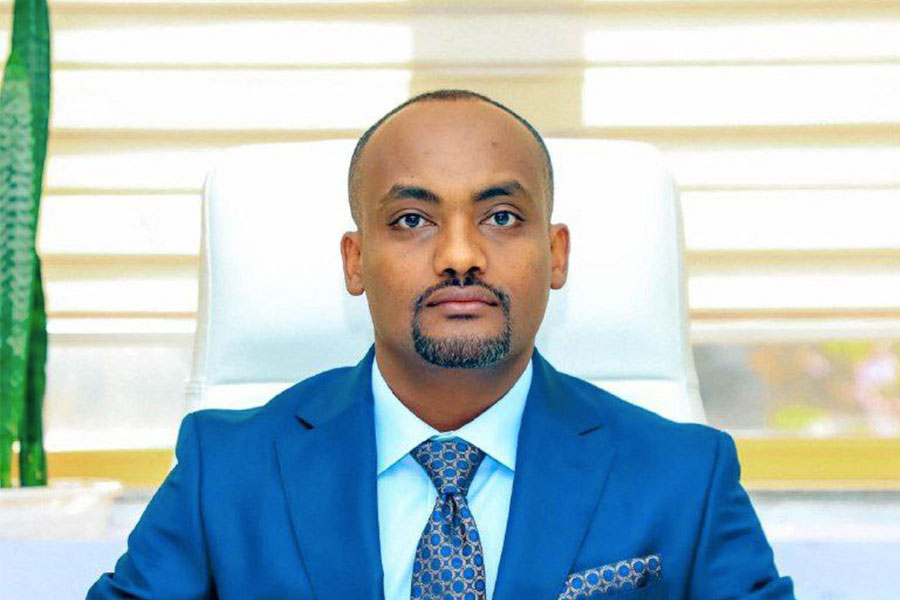
Feb 16 , 2025
By Adekeye Adebajo
Africa’s prospects for this year are dim, owing to the resurgence of warlordism and the continued weakness of regional institutions, a consequence of the continent’s hobbled hegemons. US President Donald Trump’s recent suspension of aid to South Africa, in response to what he mendaciously described as the Black-led government’s illegal seizure of white land, and his offer of refugee status to supposedly oppressed white Afrikaners, signal the challenges that lie ahead.
Warlords, prevalent in Africa in the 1990s, have resurfaced in the continent’s most volatile regions: the Horn of Africa, the Great Lakes, and the Sahel. General Abdel Fattah al-Burhan’s Sudanese Armed Forces in Sudan continue to clash with the Rapid Support Forces (RSF) led by Mohamed Hamdan Dagalo (or Hemedti, meaning “little Mohamed”). The civil war, which began in April 2023, has displaced 12 million people – a quarter of Sudan’s population – and caused an estimated 150,000 casualties. With the threat of famine increasing, the conflict has triggered a refugee crisis in Chad and the Central African Republic, raising fears that the turmoil could spread.
Intercommunal violence persists in neighbouring South Sudan, even though President Salva Kiir and Vice President Riek Machar (PhD) have remained in an uneasy “unity government” since 2020. The two men, leading competing ethnic groups, waged a seven-year civil war that displaced nearly four million people and killed another 400,000. The continued delay of the country’s first election, coupled with climate, economic, and food shocks, will exacerbate tensions.
In the Great Lakes region, Rwandan President Paul Kagame (an autocrat who, tellingly, won 99pc of the vote in last year’s election) and the Democratic Republic of the Congo (DRC) President Felix Tshesekedi (who was also controversially re-elected in December 2023) continue to act as warlords in a decade-long conflict in the eastern DRC.
A trio of military juntas has emerged in the poverty-plagued Sahel. Army Captain Ibrahim Traoré in Burkina Faso, General Assimi Goita in Mali, and General Abdourahamane Tchiani in Niger are battling foreign-backed jihadists who control large tracts of territory and have killed more than 20,000 people and displaced another 4.2 million.
Unfortunately, Africa’s regional powers – South Africa, Nigeria, Ethiopia, and Algeria – have been weakened by domestic concerns and are thus unable to strengthen regional integration and institutions, which are crucial for peacekeeping efforts and fending off external actors.
After decades of political dominance, South Africa’s African National Congress (ANC) now governs in a coalition with the Democratic Alliance (DA), having lost its ruling legislative majority last year. Despite its leading global role as this year’s G20 president, South Africa, one of the continent’s most important peacemakers, has pared back its regional commitments. In July, the government withdrew most of its troops from the Southern African Development Community (SADC) force fighting jihadist-linked insurgents in northern Mozambique.
It has also been silent on the ruling Mozambique Liberation Front’s repressive crackdown following claims that it rigged October’s presidential election.
South African peacekeeping forces recently suffered 14 fatalities in clashes with the March 23 (M23) Movement, a rebel group operating alongside 3,000 to 4,000 Rwandan troops in eastern Congo. This sabre-rattling by Kagame, who is concerned about genocidal Rwandan militias and Burundian soldiers operating on behalf of the DRC, was an unsubtle attempt to force the SADC to withdraw from the country, whose mineral wealth the United Nations has accused Kagame’s regime of looting.
Ethiopia, the African Union (AU) seat, is preoccupied with internal conflicts in the Oromia, Amhara, and Tigray regional states. Relations with some of its neighbours are also deteriorating. By seeking to negotiate sea access with the self-declared independent state of Somaliland, Ethiopia's Prime Minister, Abiy Ahmed (PhD), has stoked tensions with Somalia. The peace deal between Ethiopia and Eritrea has also started to fray. And, the government’s conflict with Egypt over the Grand Ethiopian Renaissance Dam (GERD) remains unresolved.
Nigeria continues to experience the damaging effects of floating its currency and the removal of fuel subsidies, which triggered widespread protests. Perhaps the most potent symbol of the country’s failure as a regional leader is the recent departure of Burkina Faso, Mali, and Niger from the Economic Community of West African States (ECOWAS), which was founded a half-century ago in Lagos.
As for North Africa, social discontent and regional tensions with Morocco over the disputed Western Sahara have prevented Algeria from playing a stabilising role in the region amid border disputes between Tunisia and Libya. Algerian President Abdelmadjid Tebboune, with the support of the military, was re-elected in September 2024, winning 84pc of the vote, although less than half of eligible voters cast a ballot, and the results were contested.
Complicating the situation – both for warring states and regional powers – is Africa’s 1.2 trillion dollars in external debt. African governments are projected to spend 136 billion dollars on debt service in 2025, leaving little for infrastructure, social services, and other investments that could stimulate economic growth and develop state capacity. Conditions are unlikely to improve soon. More than two dozen African governments have ongoing programs with the International Monetary Fund (IMF), and a strong greenback could increase interest payments on dollar-denominated debt.
The persistence of conflict and the lack of strong regional leadership have opened the door for external actors to interfere in African affairs. Several UN reports have criticised the United Arab Emirates (UAE) for arming Dagalo’s Rapid Support Forces in Sudan, while Saudi Arabia, Iran, and Turkey back the Sudanese Armed Forces. Russia, the UAE, and Turkey are also bolstering their influence in neighbouring Chad.
Turkey, Russia, France, and the UAE have supported rival factions in an increasingly anarchic Libya. Militaries across the Sahel have expelled French troops from their territories, replacing them with mercenaries from Russia’s Africa Corps. The United States has a military presence in over a dozen African countries, while China runs a military base in Djibouti.
The concerns do not end there. Africa is particularly vulnerable to the intensifying climate crisis, while repression is on the rise in Uganda and Tanzania, and social unrest is spreading in Kenya. But the main drivers of instability on the continent remain warlords and meddlers, who will ensure that another year of living dangerously lies ahead.
PUBLISHED ON
Feb 16, 2025 [ VOL
25 , NO
1294]


My Opinion | 132786 Views | Aug 14,2021

My Opinion | 129251 Views | Aug 21,2021

My Opinion | 127109 Views | Sep 10,2021

My Opinion | 124680 Views | Aug 07,2021

Dec 22 , 2024 . By TIZITA SHEWAFERAW
Charged with transforming colossal state-owned enterprises into modern and competitiv...

Aug 18 , 2024 . By AKSAH ITALO
Although predictable Yonas Zerihun's job in the ride-hailing service is not immune to...

Jul 28 , 2024 . By TIZITA SHEWAFERAW
Unhabitual, perhaps too many, Samuel Gebreyohannes, 38, used to occasionally enjoy a couple of beers at breakfast. However, he recently swit...

Jul 13 , 2024 . By AKSAH ITALO
Investors who rely on tractors, trucks, and field vehicles for commuting, transporting commodities, and f...
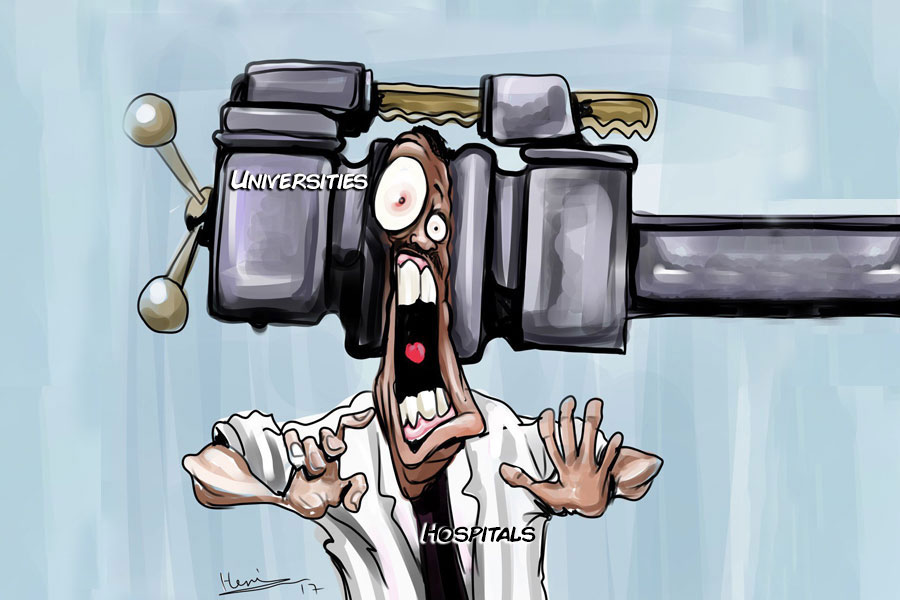
Jul 26 , 2025
Teaching hospitals everywhere juggle three jobs at once: teaching, curing, and discov...
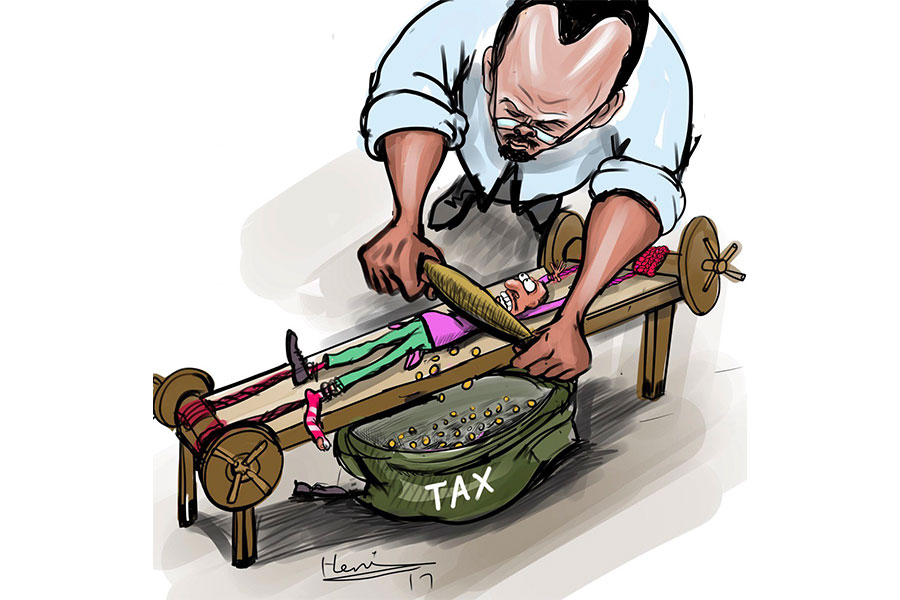
Jul 19 , 2025
Parliament is no stranger to frantic bursts of productivity. Even so, the vote last w...

Jul 12 , 2025
Political leaders and their policy advisors often promise great leaps forward, yet th...

Jul 5 , 2025
Six years ago, Ethiopia was the darling of international liberal commentators. A year...
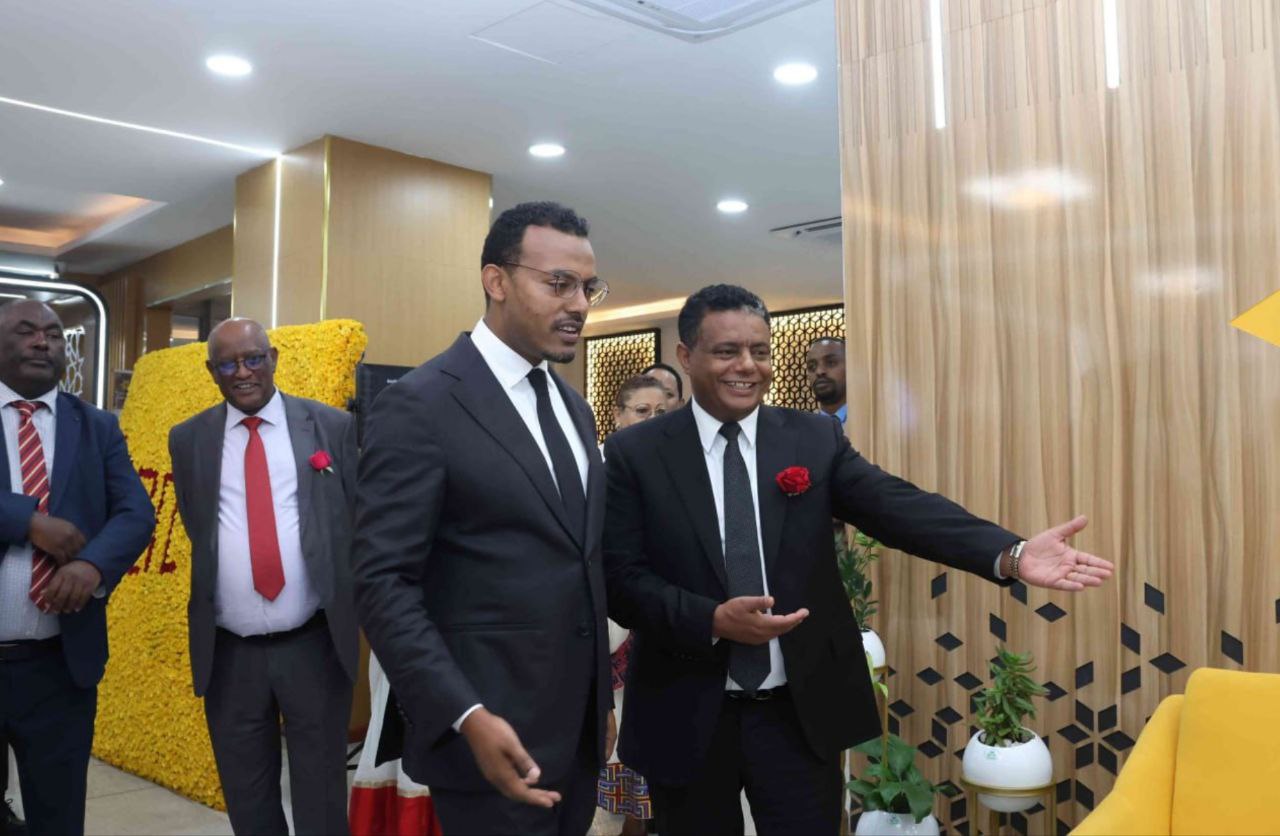
Jul 27 , 2025
The Bank of Abyssinia has gone all-in on paperless banking, betting that biometric log-ins and touch-free kiosks will save it hundreds of mi...
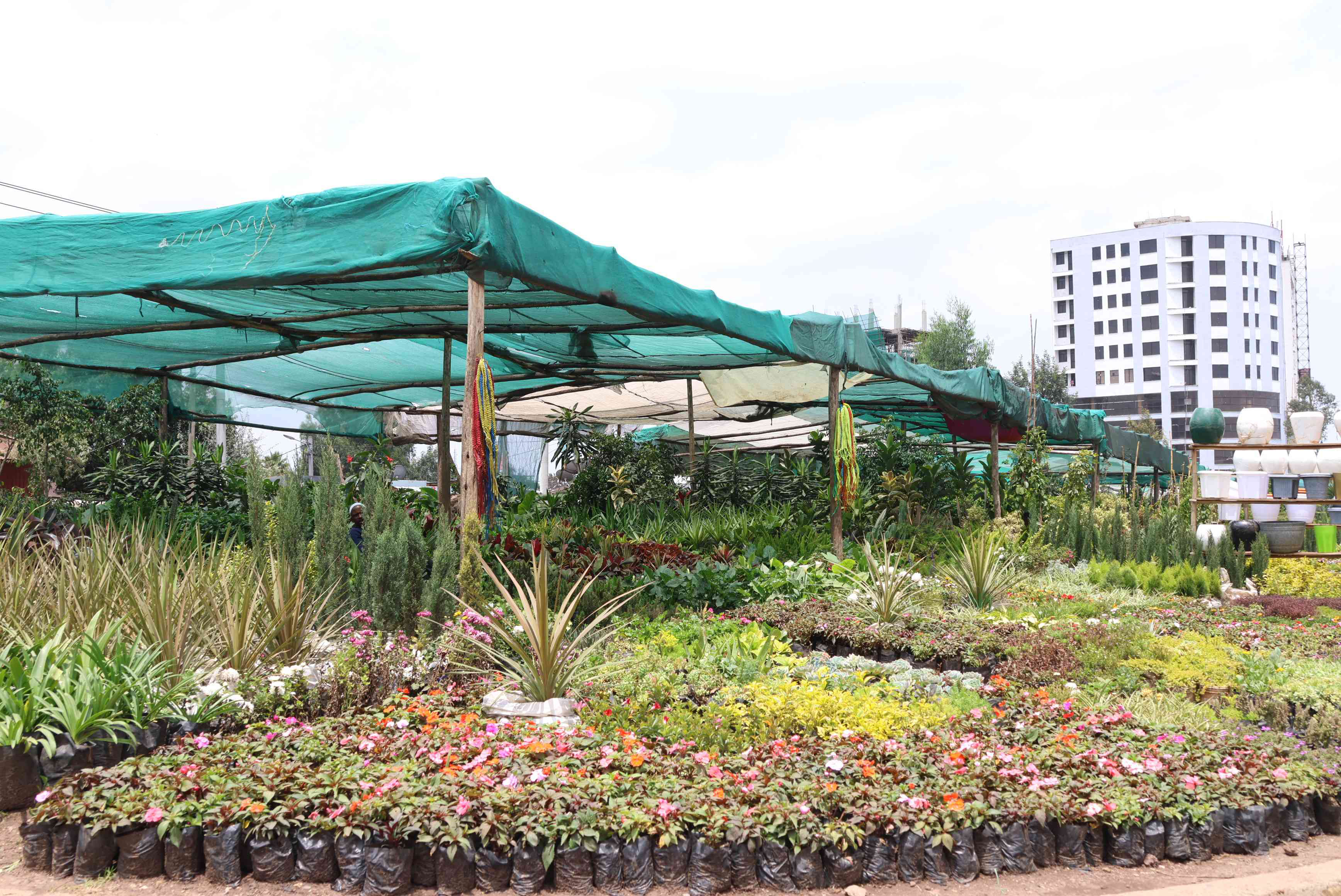
Jul 27 , 2025 . By RUTH BERHANU
As Addis Abeba ushers in this year's rainy season, city officials have committed to planting 4.2 million...
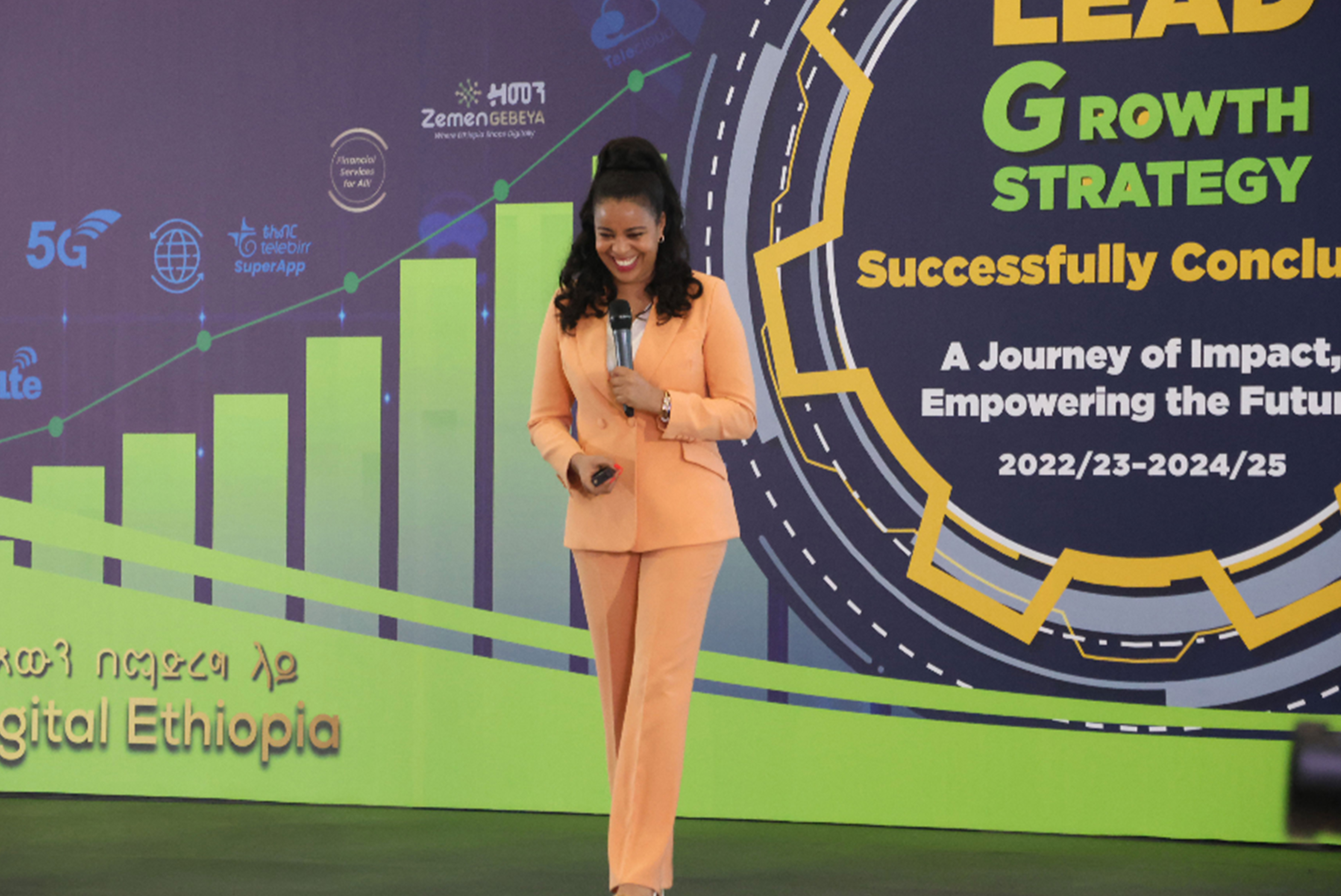
Jul 27 , 2025 . By BEZAWIT HULUAGER
Ethio telecom's latest annual performance review painted a picture of rapid infrastructural expansion and...
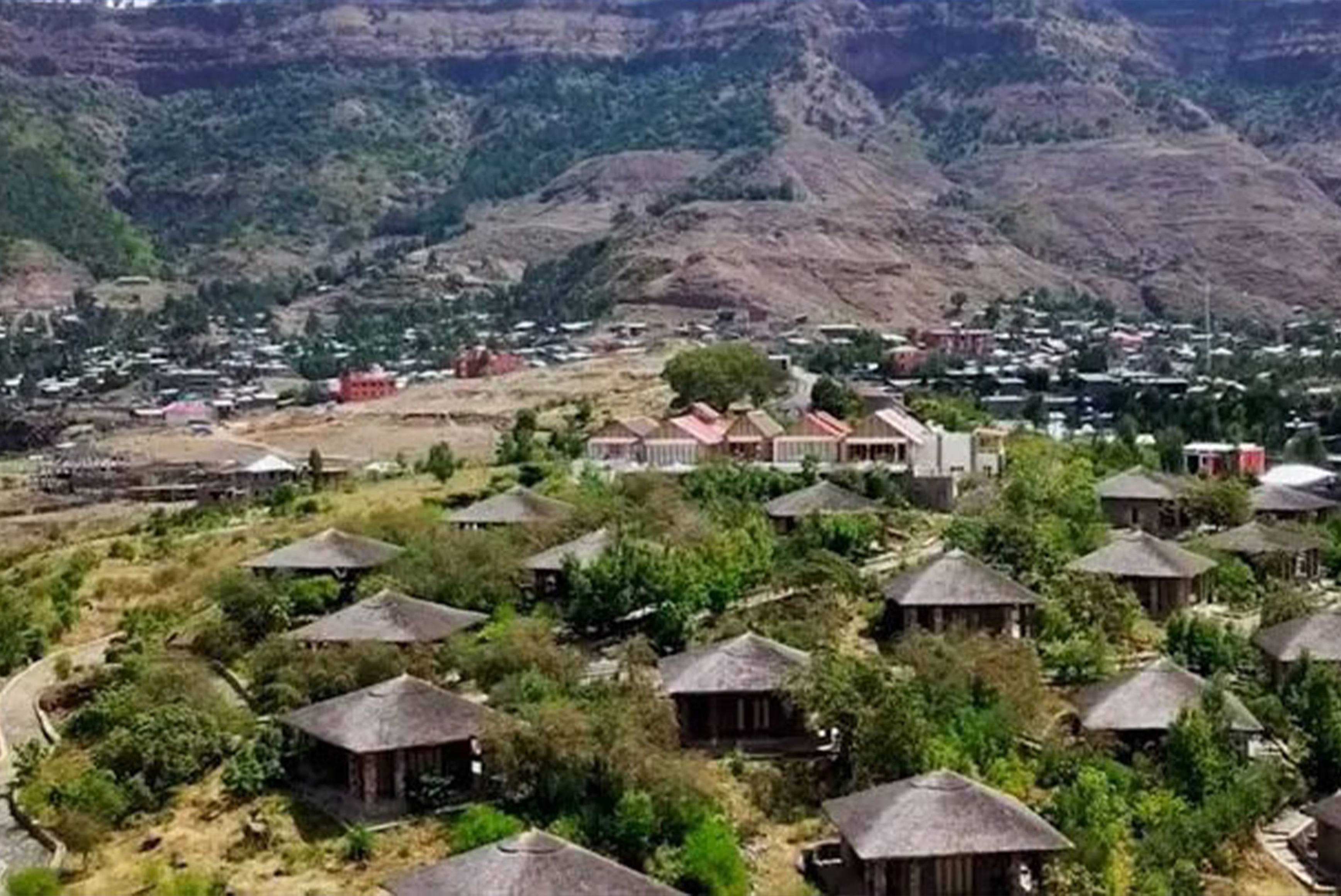
Jul 27 , 2025 . By BEZAWIT HULUAGER
Once a crown jewel of the country's tourism circuit and a beacon for international pilgrims, Lalibela now...